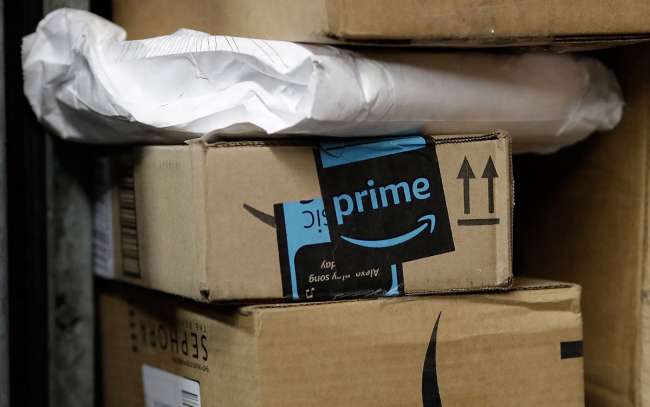Pulse System Monitors Package Delivery on the Last Mile

Last-mile delivery problems by package delivery firms have propelled the development of an artificial intelligence-based software system designed to help merchants track their packages along the last mile and fix problems before they touch customers.
The Pulse system collects more than 130 data points in real time from every package shipped, then compares that with data from similar shipments and with a database of millions of previous shipments, according to its parent, LateShipment.com. The company tracks packages carried by DHL Express, FedEx Corp., UPS Inc. and the U.S. Postal Service.
Orlando, Fla.-based LateShipment said that Pulse in the last three months identified more than 138,000 delivery issues before they were reported by carriers, predicted 67,000 delays before they occurred and informed merchants of more than 7,000 lost shipments before the carriers’ reports.
Most merchants currently don’t learn about a delivery problem until after a customer complains, LateShipment CEO Sriram Sridhar said. An early warning means the merchant can replace the product, inform the customer of the problem or address the issue another way, Sridhar said.
Both FedEx and UPS provide their merchant shippers the capability to track shipments. Users of the UPS Quantum View Manage can view inbound, outbound and third-party shipments, while FedEx offers its Tracking service.
Sridhar charges that Pulse operates solely for its merchant customers while a service like Quantum View fails to show data that might reflect poorly on UPS.
LateShipment has been providing a package monitoring system since 2012. It uses the merchant’s user name and password with package delivery firms to sign on to their accounts. It monitors the merchant’s packages, spotlighting more than 50 possible service failures such as late deliveries and billing errors so they can be submitted for refund claims to the delivery firm.
Refunds are credited to the merchant’s credit card or to a future invoice. LateShipment earns its revenues by charging the merchant 35% of the refund. Pulse comes as a standard part of the LateShipment service.


